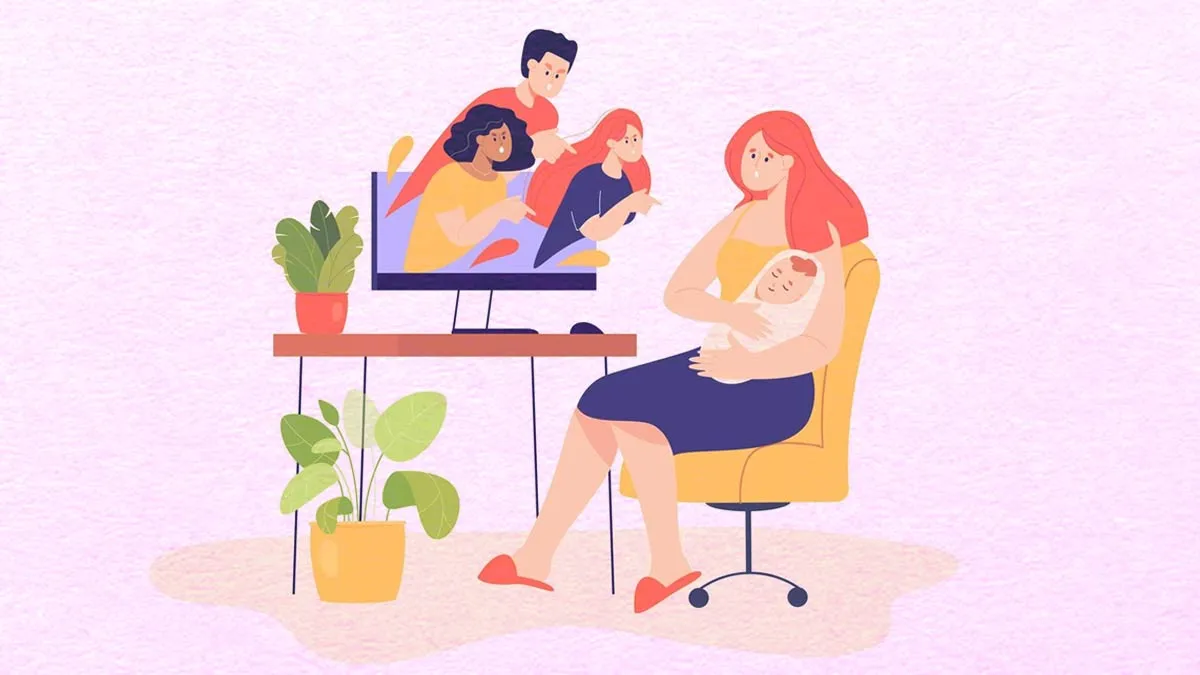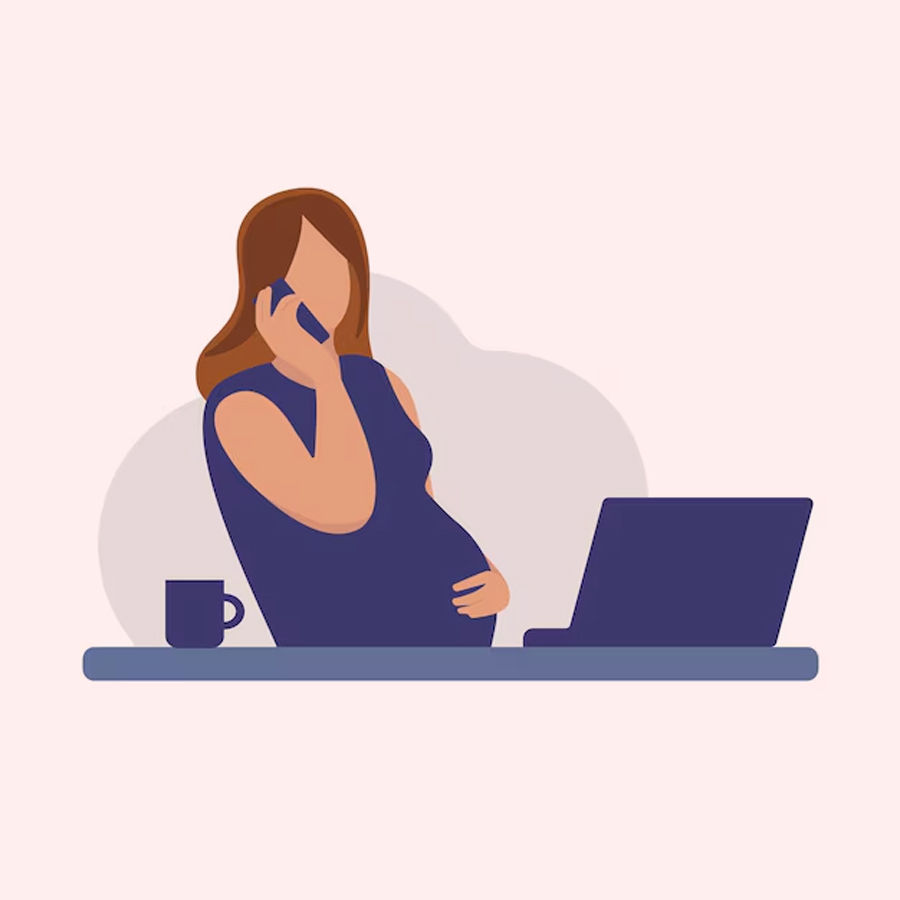
Returning to work after maternity leave is no small step, it can bring a mix of emotions, from excitement about getting back to your career to anxiety over how you will juggle work and home life. It’s a big change, and chances are, you won’t have everything figured out right away and that’s completely okay.
To help make the process a little easier, we spoke to Dr Akta Bajaj, Consultant, Obstetrics & Gynaecology at Ujala Cygnus Group of Hospitals, who shared some practical advice for new moms getting back into work mode while managing stress and expectations.
Making the shift from full-time motherhood to rejoining the workplace can feel overwhelming. There's likely a whirlwind of thoughts and emotions on how you will balance it all? How will your baby cope? How will you cope?
Dr Bajaj explains that this emotional rollercoaster is completely normal. “Returning to work after maternity leave is a major emotional shift,” she says. “Mothers should acknowledge and accept the wide range of emotions they may feel, whether it’s anxiety, sadness, guilt, or even relief. All of it is valid.”

She suggests that tools like journaling, therapy, or even having honest conversations with fellow moms can help ease the transition. Setting up a routine, speaking to your employer about flexible options, and gradually taking on work responsibilities can also make a big difference in managing your stress.
Postpartum mental health plays a cruciall role in how a new mother adjusts to life after maternity leave. Emotional well-being can influence everything from productivity at work to managing the everyday stress of parenting.
“Returning to work is not just about logistics, it’s a deeply emotional process,” explains Dr Bajaj, To help ease the transition, Dr Bajaj suggests mothers focus on self-care, set realistic expectations, and make time to rest. These small but important steps can help prevent feelings of burnout.
A strong support system, be it from a partner, extended family, or colleagues can also help mothers feel less isolated. Dr Bajaj adds that connecting with counselling services or joining support groups can offer reassurance and comfort during this sensitive time.
Don't Miss: Postpartum Depression: 7 Early Signs, How To Prevent, and More, As Per Psychiatrist

While some emotional ups and downs are expected, Dr. Bajaj advises keeping an eye on certain warning signs that could indicate deeper mental health struggles. These include constant feelings of sadness, hopelessness, irritability, anxiety that disrupts everyday life, a lack of interest in previously enjoyable activities, and difficulty bonding with the baby.
“If these symptoms persist or begin to worsen, it’s important to seek help from a mental health professional,” Dr. Bajaj notes. Early intervention can make a significant difference in helping mothers regain confidence and feel emotionally balanced, both at home and in the workplace.
Keep reading Herzindagi for more such stories.
Credits: Freepik
Also watch this video
Herzindagi video
Our aim is to provide accurate, safe and expert verified information through our articles and social media handles. The remedies, advice and tips mentioned here are for general information only. Please consult your expert before trying any kind of health, beauty, life hacks or astrology related tips. For any feedback or complaint, contact us at [email protected].